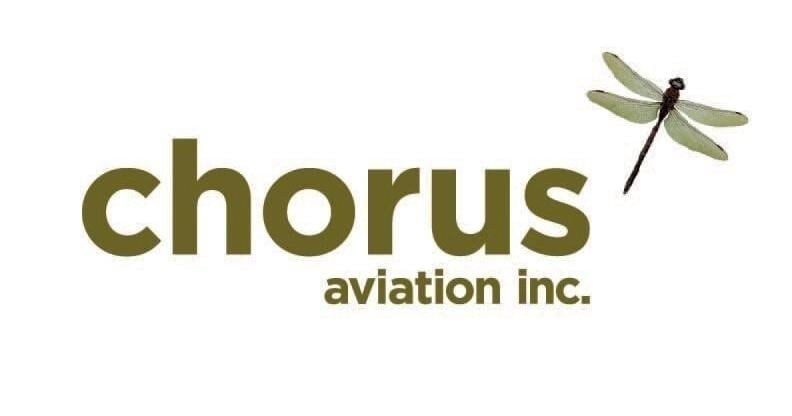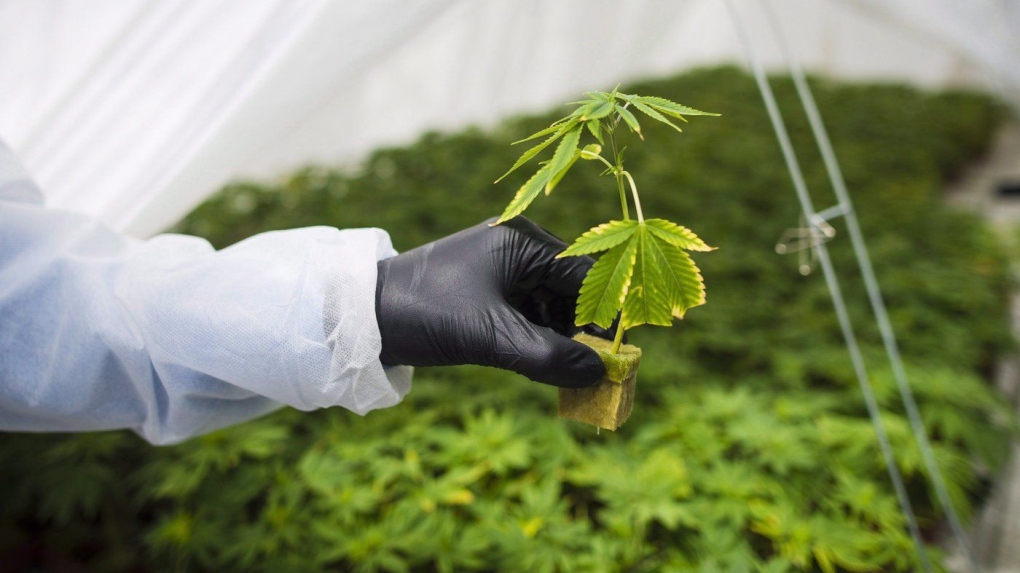HALIFAX – Chorus Aviation Inc. says its shareholders have voted to approve the sale of the company’s regional aircraft leasing business to HPS Investment Partners.
The Halifax-based company says the $1.9-billion deal was greenlighted by 98.1 per cent of votes cast by shareholders at a special meeting. The transaction needed approval by a two-thirds majority vote.
Chorus also says the waiting period mandated under U.S. legislation has expired and that it has received approval from Ireland’s Competition and Consumer Protection Commission.
Chorus announced the sale of its plane leasing business to New York City-based HPS in July for $814 million in cash and $1.1 billion in aircraft debt to be assumed or prepaid by the buyers at closing.
The deal marked a one-eighty for Chorus, which bet big on aircraft leasing just two years earlier by buying London-based plane-leasing outfit Falko Regional Aircraft Ltd.
Chorus, which also provides regional service for Air Canada via Chorus subsidiary Jazz Aviation, says the sale remains subject to the other regulatory approvals and customary conditions.
This report by The Canadian Press was first published Sept. 25, 2024.
Companies in this story: (TSX:CHR)


























